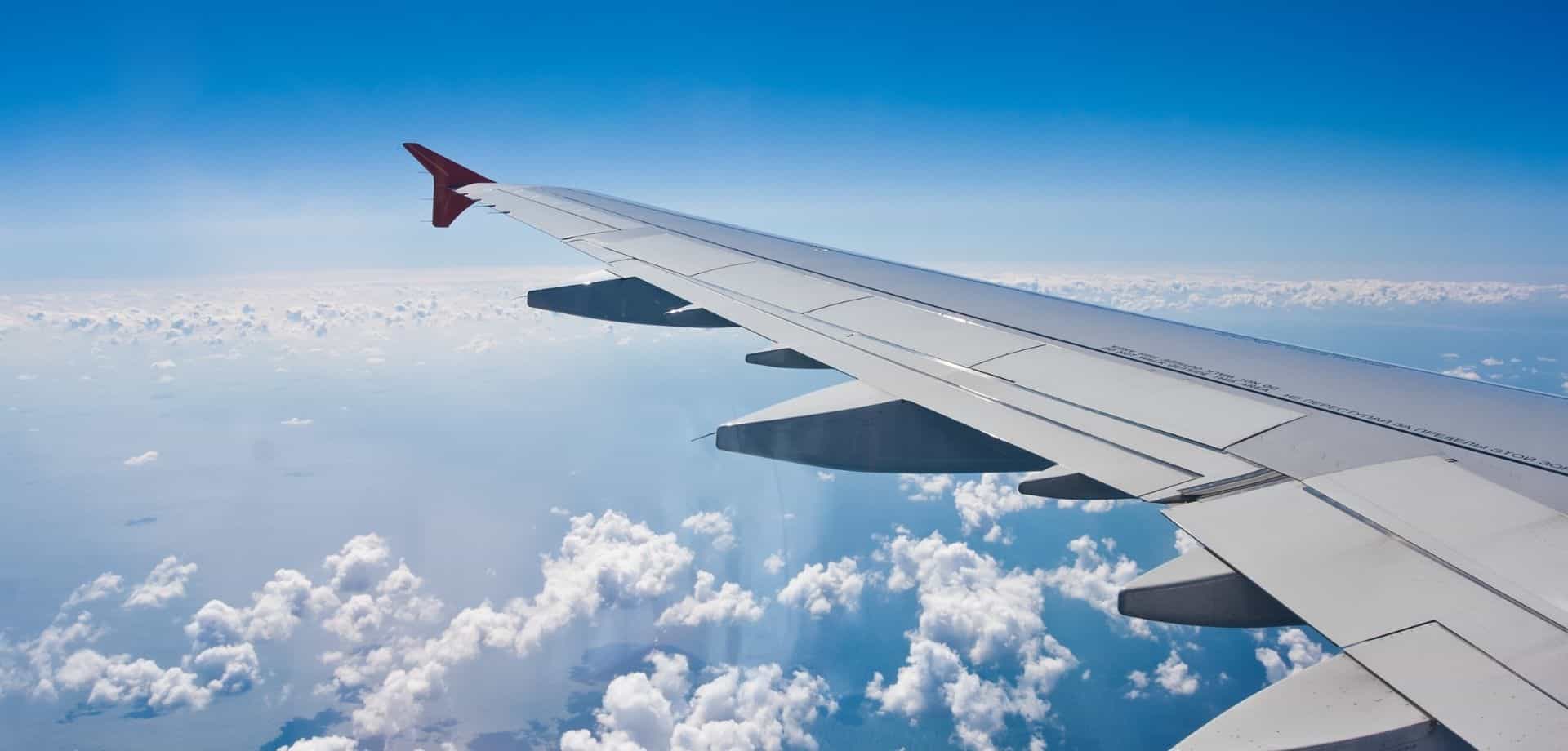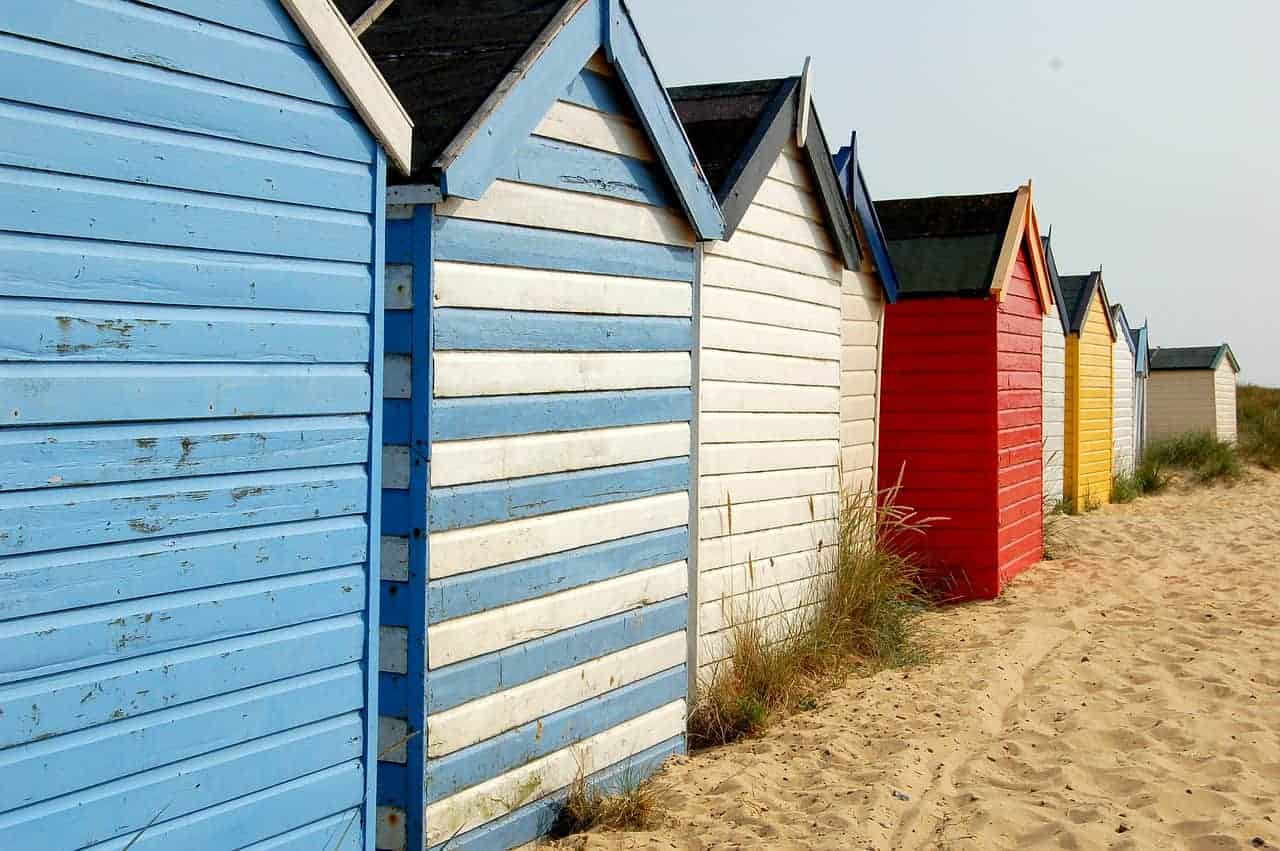Tag: India
As a specialist travel clinic, we are passionate about travel and get inspired by stories from our patients every day.
We meet interesting people day in, day out, both at the clinic and when we’re doing trade shows.
Following a chance meeting at the Adventure Travel Show in January, we felt inspired to support Damian King as he embarks on an extreme adventure across India.
Damian explained his plans to walk from North India to South India – starting at Kashmir and ending in Kanyakumari. This is a total of 2,547km aiming for 30miles per day – which is no easy feat!
Not only is Damian’s mission a personal extreme adventure to tick off the bucket list but a way to raise awareness and fundraise for CALM, Campaign Against Living Miserably (CALM). If you are unfamiliar with this charity, they are leaders in the movement against male suicide. Which, unfortunately, is still the single biggest killer of men under 45 in the UK.
It is a sad fact that on average 84 men take their lives every week in the UK. As a society, we need to remove the stigma of mental health as a whole but specifically around gender expectations, gender norms and toxic masculinity which has embedded itself with our culture. As healthcare professionals, we strongly believe in promoting a healthy lifestyle, advocate for disease prevention and highlighting the importance of self-care and wellbeing. This is why we so passionately decided to support Damian. To be in some way a small (but essential) part of his adventure and assist in raising awareness for male suicide felt thrilling and essential. Part of our company ethos is to support the adventurous traveller so we said yes to becoming his medical partner, offering support for vaccinations, travel advice, medical kits, podiatry advice and also nutritional advice.
“The decision to work with the guys at Fleet Street Clinic was quite simple. I required a varied number of services which they offered. They are centrally located in between the West End and City, and more importantly, it doesn’t have the clinical feel of a doctors surgery like many do.”
– Damian King
As a specialist travel clinic, we advocate the importance of good health whilst travelling and assist travellers to view health as one of the most important aspects of their adventure holiday. We have assisted with Damian in his preparation for his adventure from top to toe. Important parts of his pre-travel preparation were travel vaccinations alongside travel advice; highlighting risks from the weather, insects, animals, food and water. Other important health checks included a visit to the podiatrist to ensure his feet remained healthy during training and whilst walking, the nutritionist to speak about the impact of his diet whilst travelling and what he should and shouldn’t be eating in preparation for such a drastic amount of exercise and an in-body scan to document his training efforts which looks at weight distribution, muscle mass and body fat percentage.
We are proud to be a part of Damian’s journey and we wish him a fantastic and safe adventure. If you would like to follow Damian King’s adventure, you can find out more on his blog or on his Instagram.
If you are thinking of embarking on your own travel adventure and need a travel consultation appointment, you can book online.
Stay healthy at Holi
Holi is a famous spring Hindu festival that is celebrated in every part of India. It is known as the festival of colours and is mostly celebrated in March in Rajasthan.
The celebration signifies the beginning of spring beginning and the end of winter. It is sometimes known as the “festival of colours” or the “festival of love”. During the festival, it is encouraged to throw powdered paint (gulal) into the air. This symbolises the abundance of colours of spring and the celebration of a new season.
Here are top travel tips to stay healthy at Holi.
Don’t forget your travel vaccinations
Travellers going to India should ensure they are up-to-date with their travel vaccinations. These include Hepatitis A, Typhoid and Diphtheria, Tetanus and Polio. Rabies, Hepatitis B and Japanese Encephalitis are sometimes suggested and are dependent on where you’re travelling to and the activities you plan to do there. A consultation with a travel nurse will provide you with all the information needed to make an informed decision either way.
You can find more about vaccinations on our travel and wellness vaccine pages.
Eat, drink and be merry…
India is food heaven but don’t let travellers diarrhoea turn it into a Holi holiday hell. Avoid tap water or ice from an unknown source. Ensure bottled water has an intact seal if buying from a vendor. Alternatively, invest in a water-to-go bottle which has a built-in filter making unsafe water safe to drink. You can pick one up during a travel appointment at the clinic whilst getting your vaccines.
Eat well-cooked food served piping hot, and avoid fruits and salad items that might have been washed in the local water. It is worth investing in a gastro medical kit which contains all the necessary medicines should you get sick at any point during your travels.
Colour vision…
Holi festival is synonymous with the throwing of coloured powder. Contact lens wearers should stick to their glasses during the festival so to avoid getting dye in their eyes. Any dye that makes its way into your eye could cause a chemical injury and lasting damage. If any powder does get in your eye, wash it well with clean running water.
Don’t let the dye stop the DEET.
Dengue fever, chikungunya, Zika, Japanese Encephalitis and even malaria can occur in parts of India. Therefore, banish the bugs bites by covering up as much as possible, wearing a good insect repellent with at least 50% DEET. See our Ultimate Bug Kit.
If you are trying to conceive, travelling to ‘at-risk countries’ is not advised.
For more information on the Zika virus and advise, you can speak to one our travel nurses during a travel consultation.
We’d always recommend for travellers to book a 30-minute travel consultation with a travel nurse prior to travelling to ensure all necessary vaccinations are given and any risks are discussed.
Book your travel appointment today
By Anna Chapman | Travel Nurse | February 2019
India is currently experiencing a heat wave, with temperatures exceeding 47 degrees Celsius. The heat wave has now spread westwards, with temperatures in Pakistan and the Middle East reaching 50 °C. The highest temperature ever recorded was in Sweihan, Abu Dhabi at 50.5 °C.
Up to 2000 people have died in India as a result of sunstroke and dehydration related to the heat. It is expected that heat waves will continue through summer with Eastern Europe and the Balkans expecting temperatures exceeding 38 °C throughout July and august.
Exposure to such high temperatures increases sweating, and results in loss of fluid and electrolytes causing rapid dehydration. This can result in heat exhaustion or heatstroke which can be life threatening if not dealt with promptly.
Any traveller can be at risk of sun and heat related injuries, but the highest risk is in the elderly, babies, children and those with pre-existing medical conditions.
Travellers who perform strenuous physical activity will increase the risk of illness related to the heat.
It can take the body up to 10 days to acclimatize to the heat, so it is important that travellers are prepared to prevent heat related illness.
What can travellers do?
*Seek shelter and shade during the middle of the day (11am -3pm) when temperatures are at their hottest
*If you are outside, ensure you protect your skin against the sun with a high factor sun cream
*Wear lose fitting light weight and light colour clothing
*Keep hydrated by drinking plenty of fluids and eating food with a high water content (such as fruit)
*Ensure you are taking in sufficient salt in your diet (sweating leads to electrolyte and salt depletion).
*Avoid caffeine and alcohol, which can worsen heat related illness
Heat stroke can be a life-threatening emergency and medical help should be sought.
http://www.aljazeera.com/news/2015/06/heat-wave-spreads-pakistan-gulf-150603102018356.html
A new medical paper in Lancet Infectious Diseases has highlighted some of the countries at the highest risk for a major Zika virus outbreak. The study looked at air traffic between countries in the Americas, where Zika is already established, and places in Africa and Asia where the Aedes mosquitoes, the mosquitoes that can spread Zika, are most prevalent. The study also took other factors into account such as seasonality of transmission, population density, and economics to come up with a “hit list” of countries where Zika could potentially have the biggest impact.
Countries with larger volumes of travellers arriving from Zika virus-affected areas of the Americas and large populations at risk include:
- India (67,422 travellers arriving per year; 1.2 billion residents in potential Zika transmission areas)
- China (23,8415 travellers arriving per year; 242 million residents in potential Zika transmission areas)
- Indonesia (13,865 travellers arriving per year; 197 million residents in potential Zika transmission areas)
- The Philippines (35,635 travellers arriving per year; 70 million residents in potential Zika transmission areas)
- Thailand (29,241 travellers arriving per year; 59 million residents in potential Zika transmission areas).
Of the countries with the largest at risk populations, the authors suggested that India, the Philippines, Indonesia, Nigeria, Vietnam, Pakistan, and Bangladesh might be most vulnerable to impact because of their limited per capita health resources.
Dr Richard Dawood, Medical Director and co-founder of the Fleet Street Clinic, discussed the paper with one of its authors, as well as the current situation faced by travellers, on the Victoria Derbyshire programme on BBC2 on 2nd September.
“We have always known Zika could spread everywhere Aedes mosquitoes abound,” Dr Dawood told the programme. “This study tells us about the seasonality of risk of spread, and when/where it might take root, but does not model travel/risk of spread within Africa or Asia – so more studies are still needed.”
The study’s publication coincided with the arrival of Zika in Singapore – a major hub for Asian travel and Malaysia, with clear implications for further spread. With this news came the new evidence that Aedes aegypti mosquitoes are capable of passing the infection on to their offspring.
There is currently no vaccination available for the Zika Virus. If you have any questions and would like some more information and advice, please contact the Fleet Street Clinic on 020 7353 5678 or you can book a travel consultation appointment.







